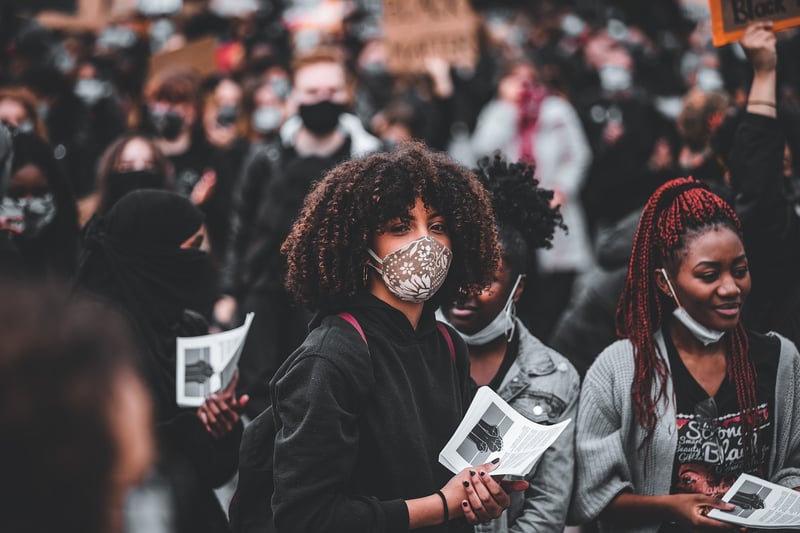Interfering with Events
The Ethics of Interfering with Events: Navigating Moral Considerations
In a world full of complexities and uncertainties, the question of whether we should interfere with events or situations often arises. From personal dilemmas to global crises, the ethical implications of our actions can have far-reaching consequences. It is essential to explore the moral considerations involved in such decisions to navigate the fine line between intervention and non-interference.
Understanding the Moral Dilemma
At the core of interfering with events lies a moral dilemma – should we act to change the course of events for the greater good, or should we respect the natural flow of things, even if it means witnessing undesirable outcomes? This dilemma becomes particularly complex when considering factors such as individual rights, cultural norms, and long-term consequences.
Factors to Consider
When faced with a situation that prompts intervention, several factors should be carefully considered:
- Intentions vs. Outcomes: Are our intentions pure, and are we prepared for the potential outcomes of our actions?
- Consent and Autonomy: Do the individuals involved consent to our interference, and are we respecting their autonomy?
- Unintended Consequences: What are the potential unintended consequences of our intervention, and how can we mitigate them?
- Long-Term Impact: How will our actions impact the situation in the long run, and is it sustainable?
Case Studies
1. Humanitarian Aid in Conflict Zones
Providing humanitarian aid in conflict zones is a noble cause, but it can also raise ethical dilemmas. While the intention is to alleviate suffering, aid delivery may inadvertently prolong conflicts or empower certain groups. Careful evaluation of the long-term impact is crucial in such scenarios.
2. Environmental Conservation Efforts
Efforts to conserve the environment often involve interfering with natural processes to protect ecosystems. While the immediate goal is preservation, the long-term consequences on biodiversity and ecological balance must be considered to ensure sustainable conservation practices.
Conclusion
Interfering with events is a complex ethical issue that requires careful consideration of various factors. While the desire to create positive change is commendable, it is essential to weigh the moral implications of our actions and strive for interventions that uphold ethical principles and respect the dignity and autonomy of all involved.

Remember, in the realm of moral considerations and interfering with events, thoughtful reflection and ethical decision-making are key to navigating the complexities of our interconnected world.
